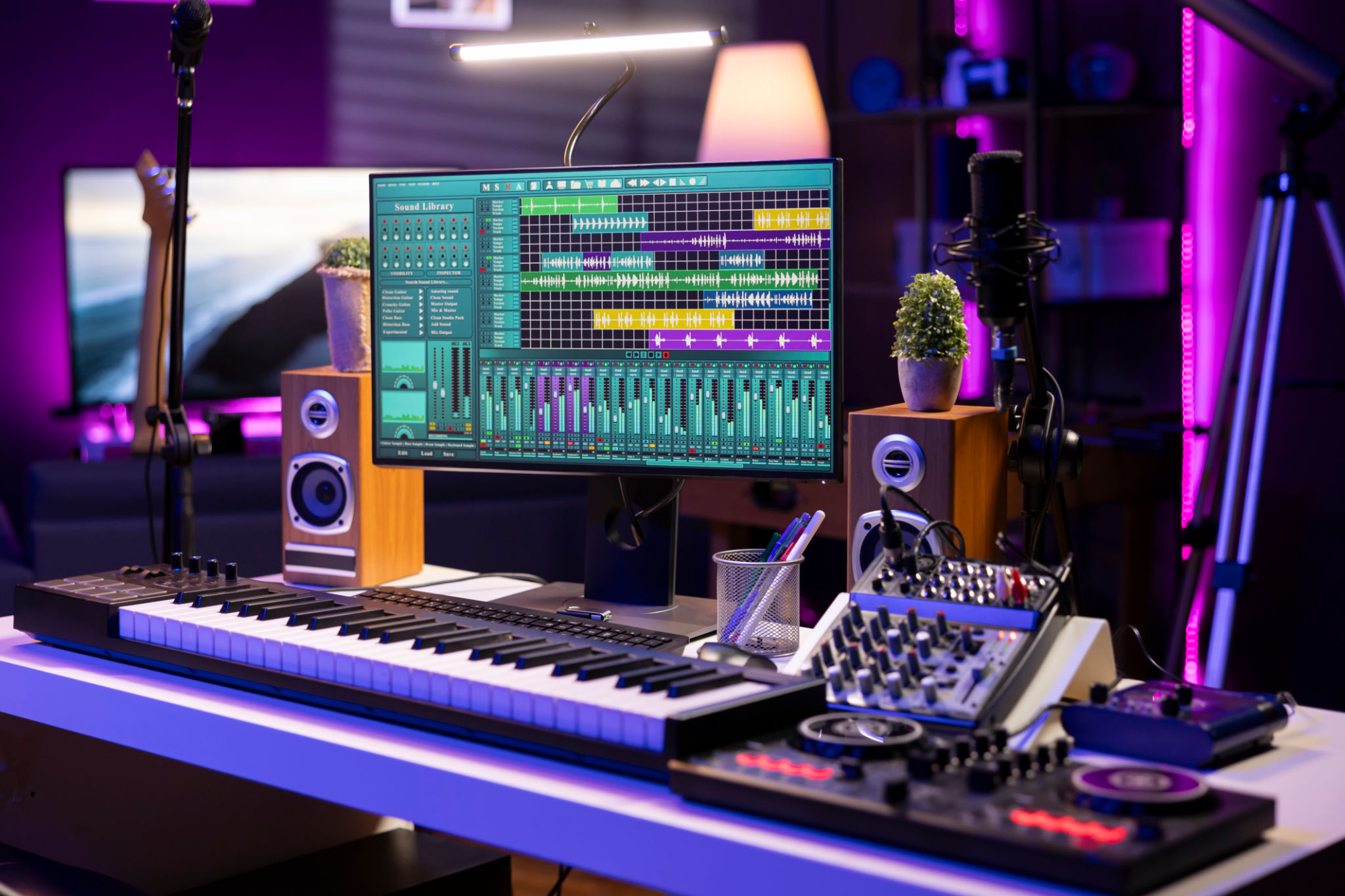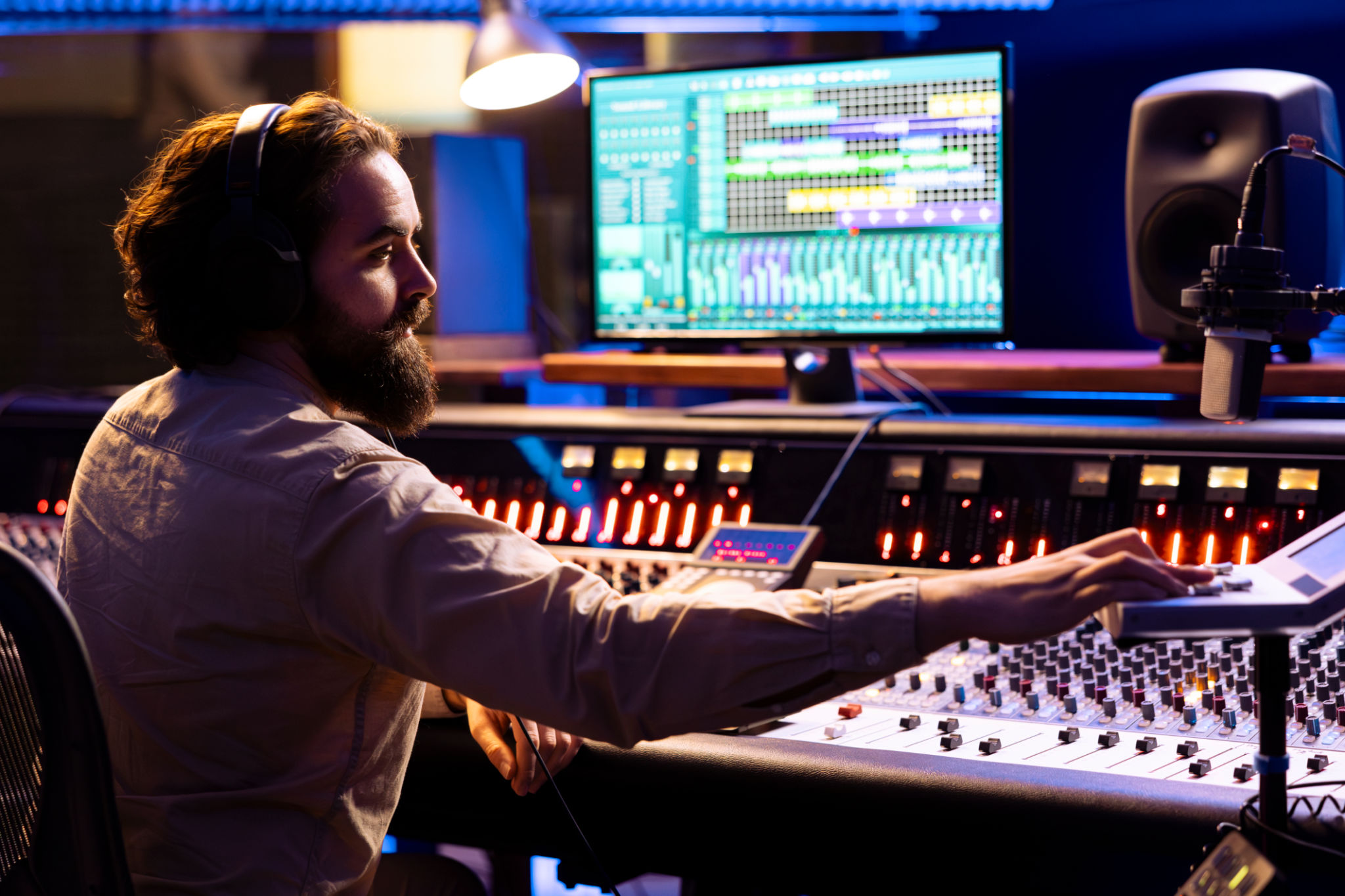Comparing DIY vs. Professional Music Mixing: Making the Right Choice
Understanding Music Mixing
Music mixing is a crucial step in music production that involves balancing individual tracks to sound cohesive and polished. With the rise of digital audio workstations (DAWs) and online tutorials, many aspiring musicians and producers are attempting to mix their own music. However, there's a significant debate over whether it's better to do it yourself or hire a professional.

Advantages of DIY Music Mixing
The allure of DIY music mixing is strong, particularly for those who are passionate about learning and experimenting. Here are some key benefits:
- Cost-Effective: One of the most compelling reasons to mix your own music is to save money. Professional mixing services can be expensive, and doing it yourself eliminates this expense.
- Creative Control: Mixing your own music allows you to maintain full creative control. You can experiment with different effects and techniques without external influence.
- Learning Experience: Engaging in the mixing process can be an educational journey. It enhances your skills and provides a deeper understanding of the music production process.
Challenges of DIY Music Mixing
Despite its advantages, DIY mixing comes with its own set of challenges that can affect the final product's quality:
- Lack of Expertise: Professional mixing engineers have years of experience and training. A lack of expertise can result in a mix that doesn't sound as polished or professional.
- Time-Consuming: Learning to mix effectively takes time, which might detract from time spent creating new music.
- Equipment Limitations: Professional studios often have high-quality equipment and software that may not be available in a home setup.

Benefits of Professional Music Mixing
Hiring a professional for music mixing can significantly enhance the quality of your music. Here are some advantages:
- Expertise: Professionals bring a wealth of experience and knowledge to the table. They understand industry standards and can deliver a polished final product.
- High-Quality Equipment: Professional studios are equipped with top-tier equipment and software that can elevate the sound quality.
- Time Efficiency: Outsourcing mixing allows you to focus on other aspects of your music career, such as songwriting and performance.
Considerations When Choosing
When deciding between DIY and professional mixing, consider these factors:
- Budget: Assess how much you're willing to invest in mixing services. If budget constraints are tight, DIY might be the way to go initially.
- Goals: Define your goals for your music. If you aim to release music commercially, investing in professional mixing might be worthwhile.
- Time vs. Quality: Consider whether you have the time to learn and execute high-quality mixes yourself or if you prefer to achieve professional results more quickly with expert help.

Balancing DIY and Professional Approaches
For some artists, a hybrid approach works best. You could start by doing basic mixes yourself and then hire a professional for the final polish. This strategy allows you to save money while still benefiting from expert input where it matters most.
Conclusion: Making the Right Choice
The decision between DIY and professional music mixing ultimately depends on your individual needs, skills, and resources. By weighing the pros and cons, you can make an informed choice that aligns with your artistic vision and career goals. Whether you choose to dive into the world of mixing yourself or enlist the help of a seasoned professional, the key is ensuring your music sounds its best.